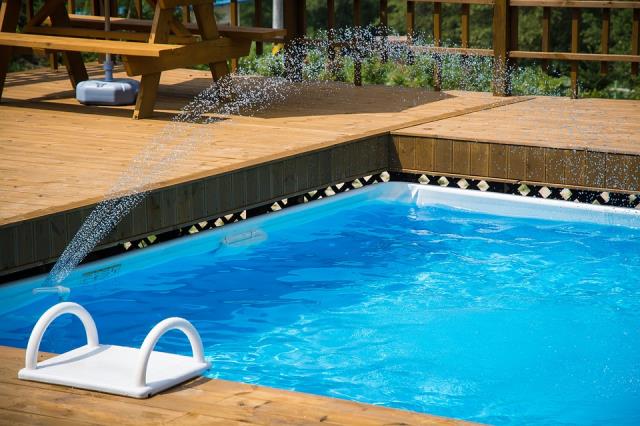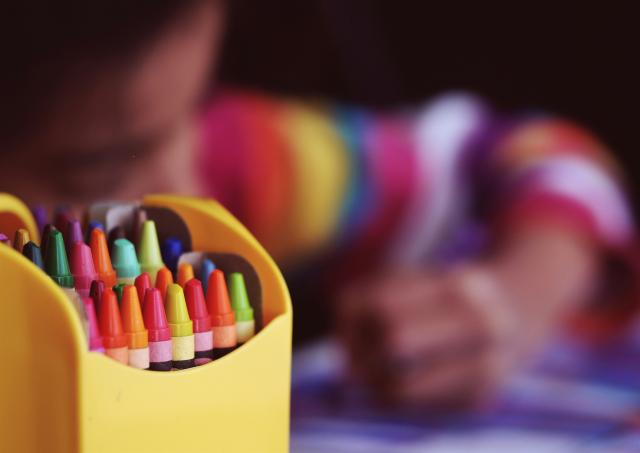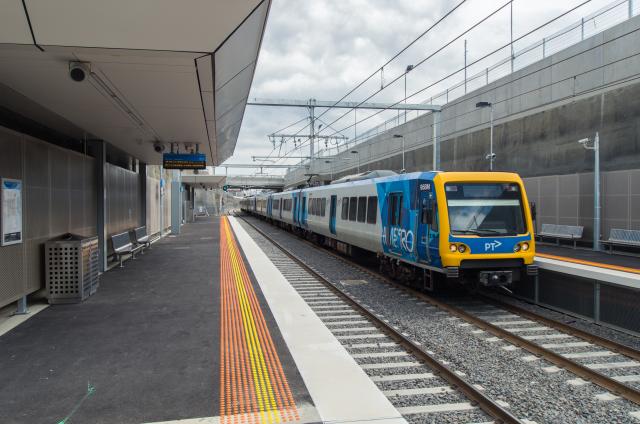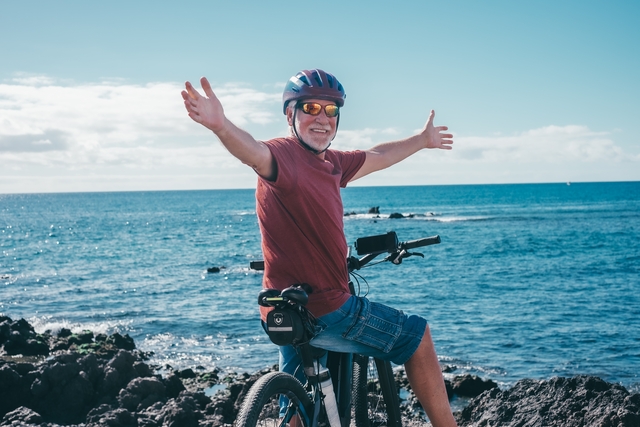Brimbank council is calling for a greater return of gambling money to the municipality after a recent report revealed Brimbank had again generated the biggest pokies spending in the state.
Victorian Commission for Gambling and Liquor Regulation figures show Brimbank punters pumped $134 million into electronic gambling machines in the past financial year – less than the $143 million spent in the previous year, but still $7 million more than the City of Casey in second place.
Brimbank mayor John Hedditch said that while he was pleased to see the numbers trending downwards, he remained concerned about the damaging effects of gambling.
“Council is extremely concerned about the damaging effects of problem gambling in Brimbank,” Cr Hedditch said.
“While it is encouraging that Brimbank is one of the few Victorian local government areas where there has been an actual reduction in losses, we are not proud that Brimbank continues to have the highest electronic gaming machine losses of any local government area in Victoria.
“We take this problem very seriously and council is doing everything within its power to reduce the damage caused by problem gambling – while actively lobbying the state government for much-needed reforms.”
While the number of pokies venues in Brimbank has remained steady at 15 for a number of years, there are almost 1000 gaming machines across those venues that take in more than $10 million every month.
Cr Hedditch said Brimbank had been repeatedly short-changed in terms of the returns it gets from the state government from pokies income.
“For decades, successive Victorian governments have ripped off the Brimbank community by grabbing hundreds of millions of dollars of tainted money from the most needy,” he said.
“This unethical and unfair ‘grab and run’ behaviour has to stop. Enough is enough.
“Year after year council, police and other local social support services are left to mop up the mess. The tainted $63 million collected in pokies tax from the Brimbank community must be reinvested back into this community to provide other, more healthy opportunities than gambling.”






